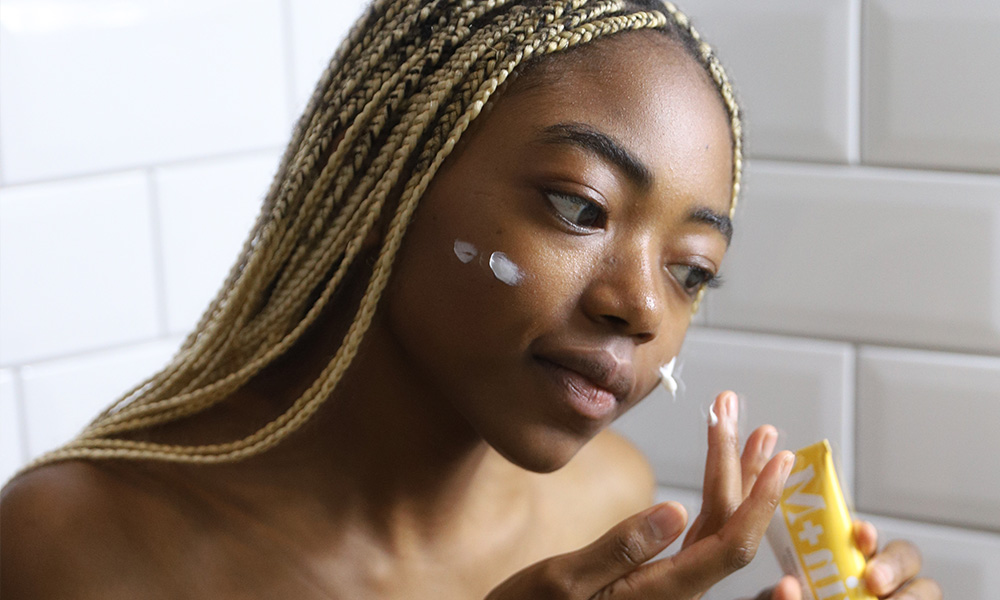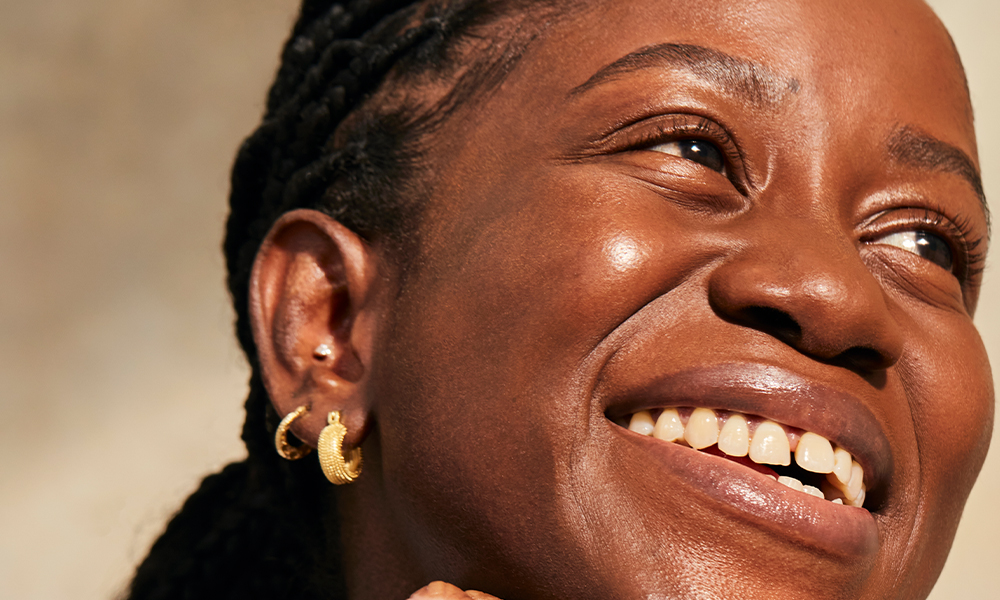Ask A Dermatologist: Which Skincare Products Should Teenagers Use?

Link to share article here:
Ask A Dermatologist: What Is SPF?
We all know good sun protection is essential, but picking the right sunscreen can be a minefield. With countless options to choose from, and terms like UV, SPF and a whole “spectrum” to navigate, even skincare aficionados can find it hard to know which option is really best for their skin. That’s why we turned to Skin + Me’s resident expert, dermatologist Dr Malvina Cunningham, to tell us all about the best forms of protection against sun damage.
What does SPF really mean?
SPF is an acronym we are all familiar with, and it’s common knowledge that the higher the number, the more protection you’ll have. But what does it actually mean – and how is it actually calculated?
“SPF stands for sun protection factor, and is the measure by which sunscreens are rated for their protection against sunburn,” Dr Malvina explains. “SPF is measured in a lab by comparing the amount of time it takes UV radiation to cause mild sunburn versus the time it takes with sunscreen applied. When it takes 10 minutes to burn without sunscreen and 150 minutes to burn with sunscreen then the SPF of that sunscreen is 15 (because 150 divided by 10 is 15).”
You should use a sunscreen that is rated at least SPF 30, and ideally higher, to provide adequate protection against the sun’s rays.
What does “broad spectrum” SPF mean?
If you’ve come across the term broad-spectrum, you probably know that it’s what we’re supposed to be wearing – but you might not know that it means you’re protected against both UVA and UVB rays.
“SPF is mostly a measure of UVB radiation but it does not tell you about UVA protection,” says Dr Malvina. “To ensure adequate protection for both, choose a broad-spectrum sunscreen and look out for the UVA sign in a circle. This indicates it has a European seal of approval and its UVA protection is at least a third of that of UVB.”
Is there anything else we should know about SPF labelling?
There is – you need to know how much product you should apply to gain the level of protection stated on the packaging. “SPF labelling is based on applying an arbitrary number of 2mg/cm2 of sunscreen under laboratory conditions,” explains Dr Malvina.
However, it can be difficult to know how this translates back in the real world. “2mg/cm2 of application is equivalent to applying a quarter of a teaspoon of sunscreen to the face,” Dr Malvina continues. “This means a 30g tube should last you about three weeks if applied at that quantity to the face only. One teaspoon is adequate for the face and neck, two teaspoons for the front and back torso, one teaspoon for each arm and two teaspoons for each lower leg.”
And, timing is everything. “Sunscreen should be applied 15 to 30 minutes before you go outside and reapplied every two hours,” Dr Malvina adds.
How can I best protect my skin from the sun?
While using a sunscreen with a high SPF is essential, no amount of sunscreen will fully protect you against photodamage. As such, good sun behaviour is something we should all be practising. This means wearing sunscreen daily (even on cloudy days or when you’re staying inside), staying out of the sun during the hottest part of the day and wearing protective clothing and hats.
Introducing Skin + Me Daily Defence Oil-free Sunscreen SPF 50
Since we know all about the importance of sunscreen, we decided that we would make our own – meet Skin + Me Daily Defence Oil-free Sunscreen SPF 50. Daily Defence is a broad-spectrum sunscreen that uses chemical filters to protect against both UVA and UVB rays.
It’s also made with skin-loving ingredients vitamin E and niacinamide, which soothe, soften and nourish. Daily Defence dries down quickly, and it doesn’t get greasy or leave a ghostly white cast – so, it’s ideal for all skin tones and types. It’s also seamless under makeup, so you can use it as a protective primer – think of it as a hybrid product that fits effortlessly into your routine.
And, Daily Defence has been designed specifically to go hand-in-hand with your personalised Skin + Me Daily Doser solution. Using active ingredients like tretinoin and azelaic acid can make your skin more sensitive to sunlight, so sunscreen is even more essential.
Ready to add Daily Defence to your next month of Skin + Me? Log in to your account to update your routine.
New to Skin + Me? Get your first month of personalised skincare for £4.99 with promo code DOSE – complete our quick consultation here.
Looking for a routine refresh? Add the Dream Routine to your Skin + Me subscription.
In need of a restock? Head to The Skincare Shop for one-off purchases of your Routine Essentials.



